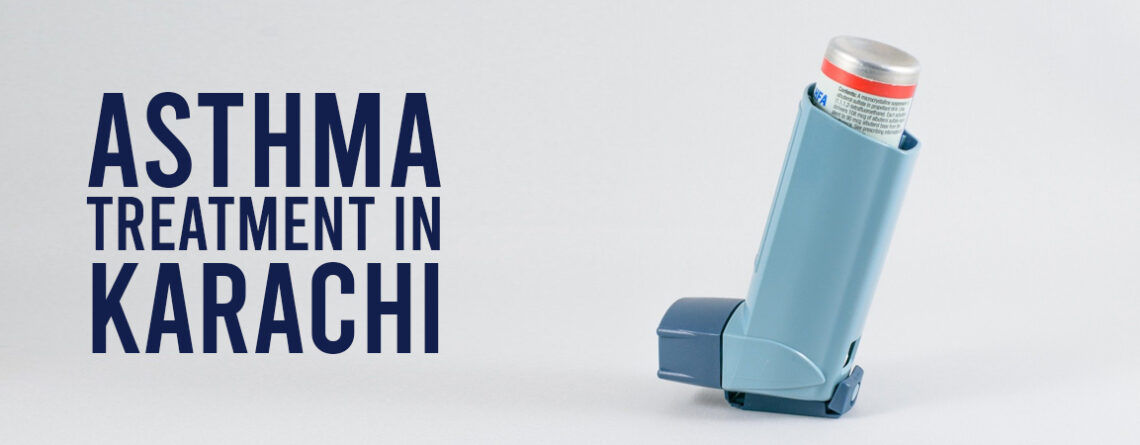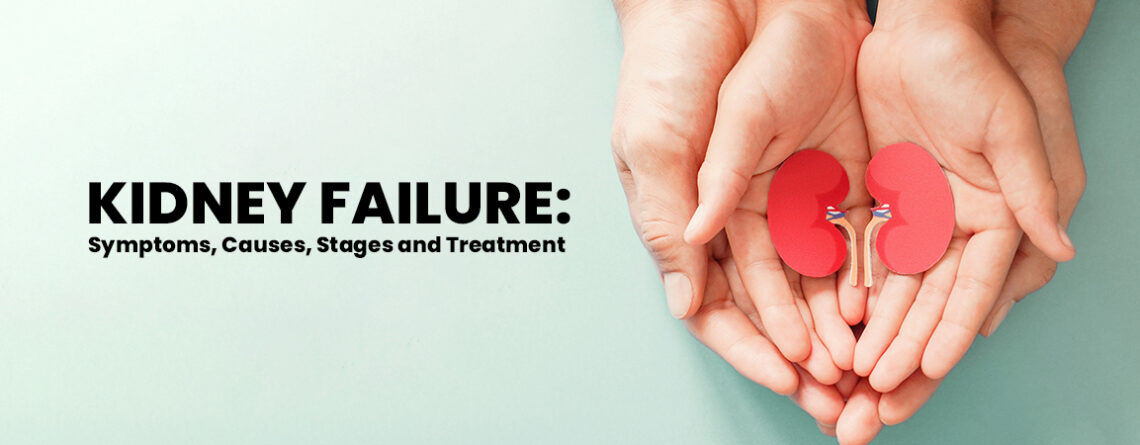What is Acidity?
Acidity, also known as acid reflux or heartburn, is a common digestive disorder. It happens when the stomach's acidic contents reflux back into the esophagus. This article explores the acidity symptoms, acidity causes, and acidity treatment options. What is Acidity? Acidity, commonly referred to as acid reflux or heartburn, is a condition characterized by the backward flow of stomach acid into the esophagus. This phenomenon occurs when the lower esophageal sphincter (LES), a muscular valve that separates the esophagus from the stomach, relaxes or becomes weakened. The acidic contents from the stomach irritate the lining of the esophagus, leading to a range of uncomfortable symptoms such as burning chest pain, regurgitation, difficulty swallowing, and throat irritation. Acidity can be triggered by various factors including dietary habits, obesity, smoking, pregnancy, hiatal hernia, and certain medications. Proper management and lifestyle modifications can help alleviate symptoms and reduce the risk of complications associated with acidity. Acidity Symptoms Acidity symptoms can vary widely among individuals but commonly include: Heartburn: Often described as a burning sensation in the chest, heartburn occurs when stomach acid refluxes into the esophagus. This discomfort is frequently experienced after meals or when lying down, as the horizontal position can exacerbate acid reflux. Regurgitation: This symptom...











